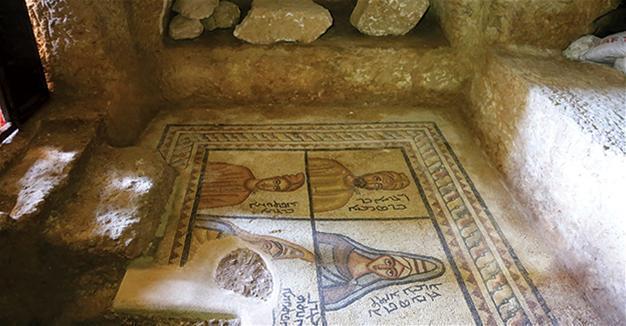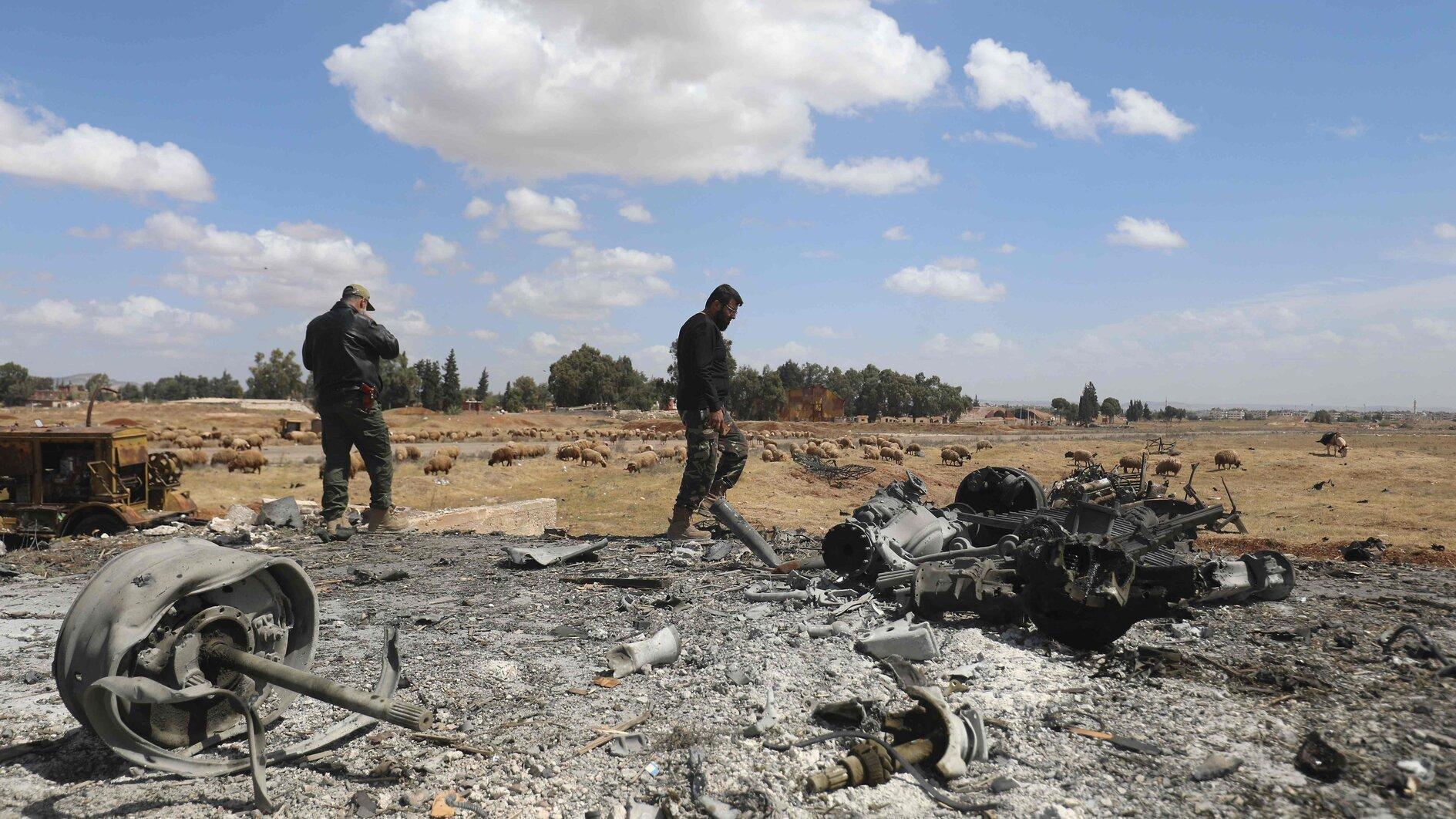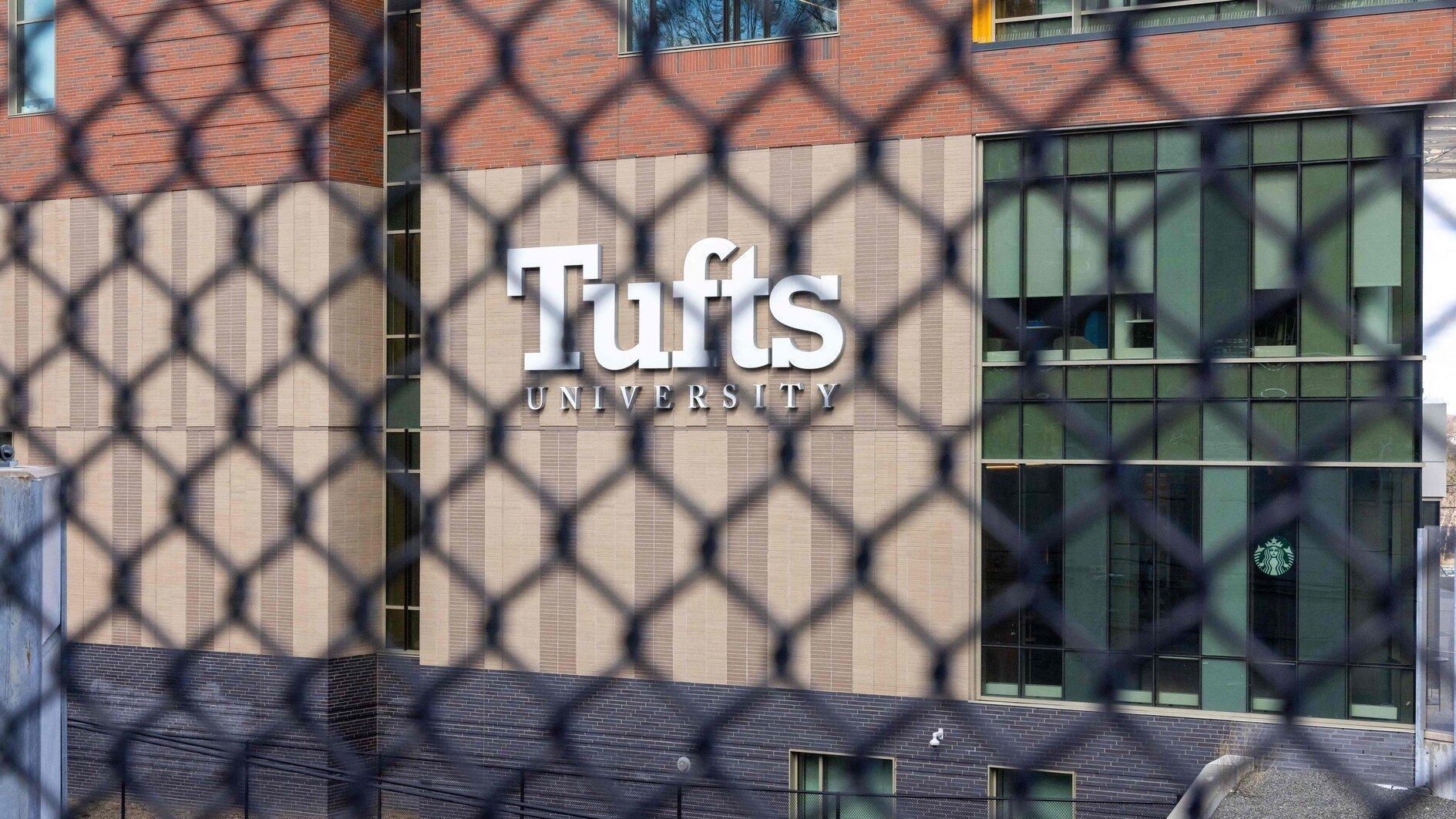Rock tombs of Turkey's Şanlıurfa to open to tourism
ŞANLIURFA – Anadolu Agency

AA photo
Rock tombs nearly 2,000 years old, which have been unearthed in caves in the southeastern province of Şanlıurfa, are to be opened to tourists after excavations are completed.The historical city of Şanlıurfa, home to myriad civilizations in its millennia-old history, is a leading spot for faith and culture tourism in Turkey.
Ancient caves were unearthed during restoration and environmental arrangement works in the city’s Kale Eteği and Kızılkoyun districts, where shanty houses had been previously built. Inside the uncovered caves a total of 113 rock tombs were found.
A number of figures and four floor mosaics were discovered in the rock tomb chambers within the scope of the ongoing works, carried out in collaboration with the provincial culture and tourism directorates, museum directorates and the Şanlıurfa Municipality.
Mayor Nihat Çiftçi said Şanlıurfa was a city of culture and had been home to many civilizations. Each excavation in the city unearthed artifacts from different overlaid periods, he added.
“Restoration and environmental works have unearthed 72 caves in the Kale Eteği district and 61 in Kızılkoyun district. The caves have rock tombs inside. These rock tombs date back to the 1st century A.D, from the era of Edessa King Abgar. We have also found mosaics on the ground of the ancient tombs, depicting the figures of this era. Families that lived in this era were buried in tombs in these caves,” Çiftçi said.
He added that they aimed to turn Şanlıurfa into a kind of “open-air museum.”
“We will open the Kale Eteği area to tourism in three-four months. We always say that Şanlıurfa is a city of caves. These caves were settlements in the past. Therefore ancient civilizations left their traces in these caves. With their arches, gates, and floor mosaics, the caves show us the lifestyle, philosophy, richness, architecture and faith of this era. Our archaeologists want to continue works nonstop because they work manually. The works in Kızılkoyun have been continuing for six months. They need one more year of work there for more detailed examination,” Çiftçi said.
Temple-like rock tomb
Şanlıurfa Museum archaeologist Bekir Çetin said the region was known as the necropolis (graveyard) of Edessa city, adding that they found rock tombs up to three meters underground.
“The ones at that depth are better preserved. There is one rock tomb here, the entrance of which has never been opened. It looks like a temple. A similar one can be seen in the southwest Anatolia. The rock tombs here have two or three chambers. Their columns and decorations draw particular attention at the entrance of the rock tombs. In some chambers, one can see Triton, a mythological Greek god. This reveals that those rock tomb caves are important for Şanlıurfa tourism,” Çetin said.
















